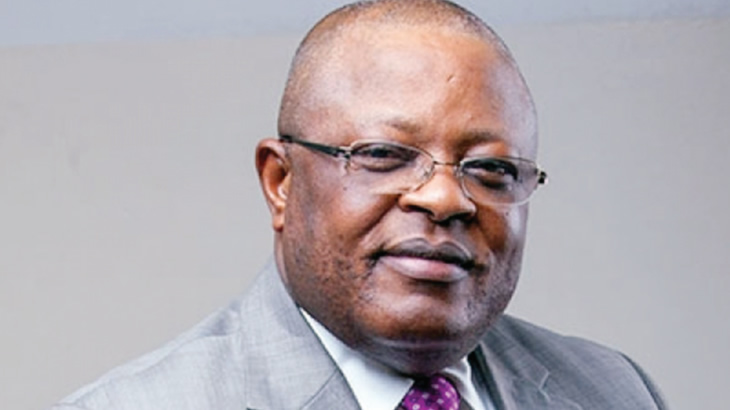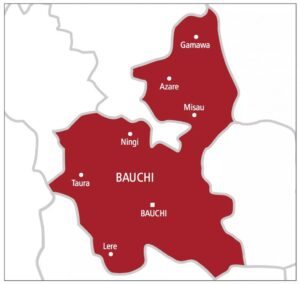In Lagos, property owners in the Lafiaji community are gearing up for a major legal fight against the Federal Government. The dispute centers around the Lagos-Calabar Highway project, a massive infrastructure initiative meant to link Lagos to Cross River and several other states along Nigeria’s coast.
The Federal Government has issued demolition notices to over 100 property owners in Lafiaji, ordering them to vacate their homes. The reason? The Lagos-Calabar Highway, which aims to boost connectivity and economic activity, is being rerouted, and this new path cuts through properties that were not part of the original plan.
The property owners argue that they followed all legal requirements when acquiring their land and building their homes. They had obtained the necessary permits and approvals from local authorities and believe they are being unfairly targeted by the recent changes.
Residents claim that the Minister of Works, David Umahi, altered the highway’s route to protect properties owned by influential individuals, avoiding demolition of their estates. They are accusing the Minister of corruption and misuse of power.
Adding fuel to the fire, the compensation offered for the demolished properties has been deemed inadequate by many affected individuals. For example, Olanrewaju Ojo, who owns a property in the area, received N1.3 million in compensation, a sum he says is equivalent to what he would earn in a week.
The government has adjusted the highway’s route to avoid damaging subsea cables and reduced the project from ten lanes to six for budget reasons. They’ve also begun an Environmental and Social Impact Assessment (ESIA) to address potential negative impacts of the project.
The Lafiaji property owners have taken their grievances to President Bola Tinubu and other officials, demanding a return to the original highway route. They argue that the Minister’s new alignment is unjust and an abuse of power.
As the situation develops, the outcome of this legal battle could impact not just the highway project but also set a precedent for how major infrastructure projects handle property rights and compensation in Nigeria.







